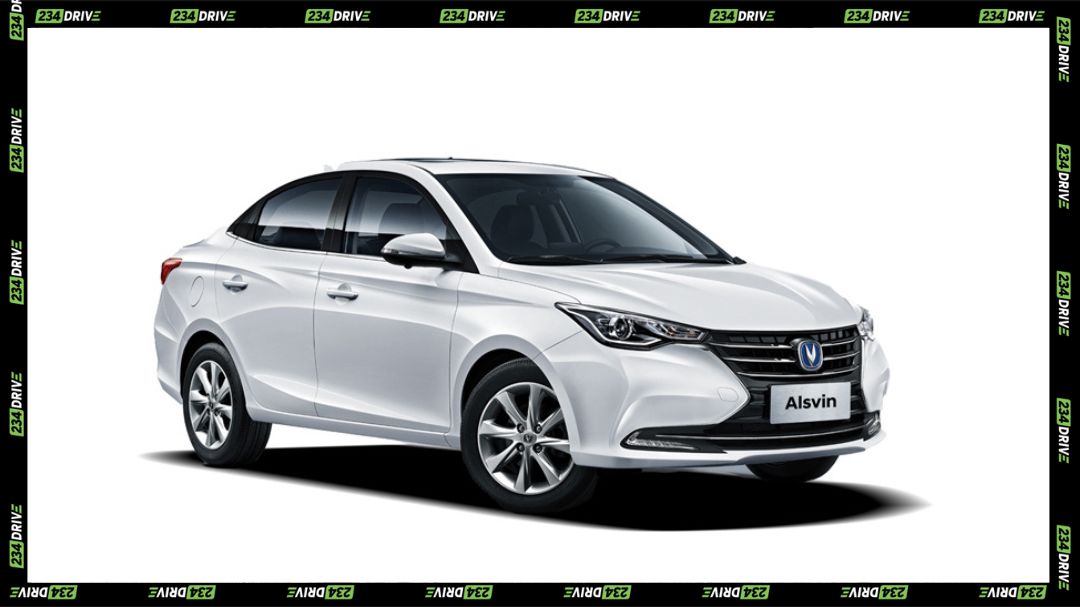In Nigeria, owning a BMW means preparing for more than just the initial purchase cost. It involves navigating higher upkeep expenses tied to the brand’s premium build, local road challenges, and the difficulty of finding authentic parts. For anyone considering or already driving one, knowing the typical service costs, where to source reliable components, and how to keep the vehicle in top condition is essential. This guide focuses on those realities in 2025, offering clear insights on expenses, part availability, and practical care strategies.
For prospective buyers and current owners, it’s important to look beyond brand appeal and assess whether the car can be maintained to its intended standard. A well-maintained BMW rewards performance, comfort, and prestige, but neglect can quickly turn it into a costly burden. Evaluating the long-term costs upfront ensures that the experience of owning such a high-performance vehicle remains enjoyable rather than stressful.
Routine and Annual Maintenance Costs
BMWs are precision-engineered vehicles, and their servicing reflects that quality. As of 2025, an oil change costs between ₦15,000 and ₦30,000 due to the need for synthetic oil and specialised filters. Brake pad replacements range from ₦55,000 to ₦110,000, while tire rotation costs ₦3,000 to ₦7,500. Battery replacements range from ₦3,000 to ₦15,000, and air filter changes typically cost ₦1,500 to ₦7,500. A full service every 10,000 km generally costs between ₦50,000 and ₦100,000.
When combined, these figures translate to an estimated annual maintenance cost of roughly ₦1.2 million to ₦1.9 million, aligning with global benchmarks. In the US, BMW owners spend $750–$1,200 yearly, which at current exchange rates (₦1,600 per USD) mirrors Nigerian estimates. Over a 10-year period, this can total about ₦24 million, assuming moderate use and no major repairs.
Part Sourcing and Brand Comparisons
A major driver of BMW maintenance costs in Nigeria is the availability of genuine parts. Most components are imported, with customs duties inflating prices. Communities like the BMW Owners’ Forum on Nairaland often discuss sourcing parts directly from Germany or the UK to avoid counterfeits. Coscharis Motors, BMW’s official distributor, ensures authenticity but charges premium rates. Independent workshops may offer cheaper alternatives but with quality risks.
Compared to mainstream brands like Toyota, Honda, or Kia, BMW maintenance can be double or triple the cost. For example, while a major service for a Toyota Corolla can cost under ₦20,000, the same procedure on a BMW will cost significantly more, reflecting its engineering complexity.
Service Networks and Expertise
Coscharis Motors is Nigeria’s only officially recognised BMW service provider. While smaller workshops and independent mechanics exist, they may lack the expertise and equipment needed for proper diagnostics. Forum-recommended experts like KayT1 and Nightshift have built reputations for accurate repairs and genuine parts sourcing.
Nigeria’s challenging roads—from potholes to seasonal flooding—increase wear on BMW suspension, tires, and undercarriage components. This makes preventive maintenance and careful driving essential. Fuel costs also add up quickly, with premium BMW models like the X5 and 7-Series consuming more fuel than economy cars, especially with petrol prices approaching ₦1,000 per litre in 2025. Insurance costs are similarly higher, sometimes triple the rates of compact cars.
Fuel, Insurance, and Ownership Protection
BMW models such as the X5 and 7-Series use more fuel than smaller cars, often requiring premium petrol. With 2025 fuel prices approaching ₦1,000 per litre, fuel expenses alone can be substantial. Insurance premiums are also higher, with comprehensive cover sometimes costing up to three times more than for economy vehicles. Officially purchased BMWs may include limited warranties that cover certain defects and basic services but exclude wear-and-tear. Buyers can opt for extended service plans that add two to three years of coverage, helping to reduce unexpected repair costs, though these increase initial ownership expenses. Considering both running costs and long-term protection is vital when budgeting for a BMW in Nigeria.
Model Variations
Maintenance costs vary across models. The 3-Series is generally the least expensive to service, while the 5-Series, SUVs, and performance-focused M models are more costly. Hybrid and electric BMWs add complexity with battery packs and electric motors.
Used BMWs often come with hidden risks like incomplete service histories or prior accident damage. A full diagnostic and service record check before purchase is essential to avoid costly surprises.
Reducing Long-Term Costs
BMW owners in Nigeria can keep expenses under control by following the manufacturer’s service schedule, sticking to the right synthetic oils, and buying parts only from trusted suppliers to avoid counterfeits. Avoiding flood-prone routes, arranging periodic suspension checks, and keeping the undercarriage free from dirt and rust help limit wear and costly repairs. Tackling small faults quickly prevents them from developing into major problems, which preserves performance and value. With careful driving and consistent upkeep, these practices make owning a BMW in Nigeria’s demanding conditions a practical, long-term investment that still delivers the premium experience the brand is known for.
Final Insight
BMW ownership in Nigeria offers unmatched comfort, performance, and prestige. However, it requires a well-planned budget and disciplined maintenance approach. For those willing to invest in proper care, a BMW can provide years of rewarding driving, maintain its value, and remain a status symbol on Nigerian roads.
For those willing to invest in proper care, a BMW can retain strong resale value and deliver an exceptional driving experience. Sticking to genuine parts, addressing faults early, and adapting driving habits to Nigerian roads can make the difference between constant repairs and long-term satisfaction. For committed owners, the reward is a vehicle that continues to turn heads while delivering the performance the brand promises.










